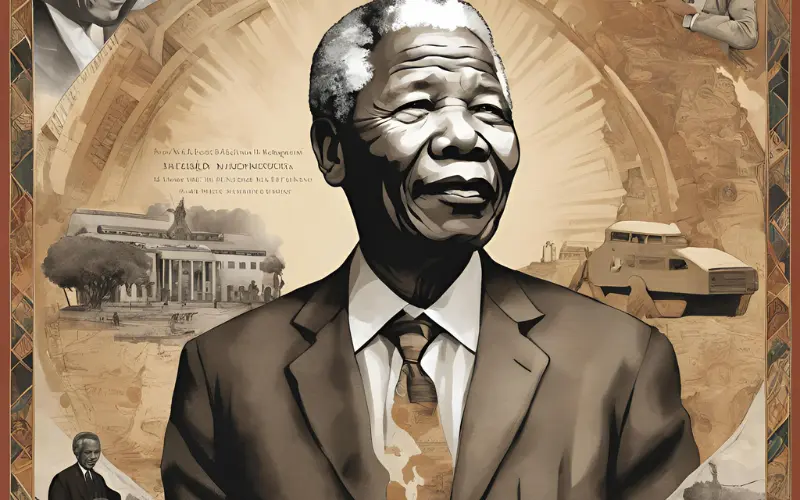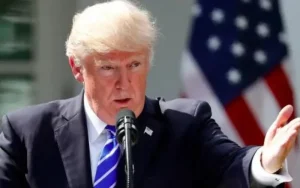Nelson Mandela, a name synonymous with peace, justice, and resilience, played a pivotal role in ending apartheid in South Africa. His journey from a small village in South Africa to becoming the first black president of the country is nothing short of inspiring. Below is an overview of his life, achievements, and impact.
Early Life
Childhood and Education
Nelson Mandela was born on July 18, 1918, in Mvezo, a tiny village in the Eastern Cape province of South Africa. His birth name, Rolihlahla, means “troublemaker,” which perhaps hinted at his future role in challenging an oppressive system. He was the son of a local chief, and though raised in a rural environment, he was given the opportunity to receive a formal education.
Mandela attended primary school where his teacher gave him the name “Nelson,” following a common practice of giving African students English names. Later, he enrolled at Fort Hare University, one of the few institutions that provided higher education to black Africans. This is where he first got involved in student protests against university policies, marking the beginning of his long fight for freedom.
Political Activism
Involvement in the ANC
Mandela’s activism truly began when he moved to Johannesburg in 1941, where he encountered the harsh realities of apartheid—a legalized system of racial segregation that oppressed black South Africans. In 1943, Mandela joined the African National Congress (ANC), a political organization fighting for the rights of black citizens. He co-founded the ANC Youth League, focusing on grassroots activism and mass mobilization against apartheid laws.
Armed Resistance and Imprisonment
In 1961, Mandela helped establish Umkhonto we Sizwe (Spear of the Nation), the armed wing of the ANC. This marked a turning point in his strategy as he and other leaders realized peaceful protest alone wouldn’t dismantle apartheid. In 1962, Mandela was arrested and sentenced to life imprisonment for plotting to overthrow the government.
For 27 years, Mandela was imprisoned, primarily on Robben Island. Despite the harsh conditions, his spirit never wavered. He became a symbol of the anti-apartheid movement, with global campaigns calling for his release.
Release and Presidency
The End of Apartheid
In 1990, after decades of international pressure and internal unrest, Mandela was released from prison. His release marked a significant moment in South Africa’s history. Mandela and the then-president, F.W. de Klerk, worked together to dismantle apartheid and pave the way for a multiracial democracy.
Becoming President
In 1994, South Africa held its first democratic elections in which people of all races could vote. The ANC won a landslide victory, and Mandela became the country’s first black president. His presidency focused on national reconciliation, economic growth, and establishing a new constitution based on equal rights for all citizens.
Legacy
Global Icon
Nelson Mandela’s legacy extends far beyond South Africa. His ability to forgive those who oppressed him and his leadership in a peaceful transition from apartheid have inspired millions around the world. Mandela was awarded the Nobel Peace Prize in 1993 for his efforts to end apartheid peacefully.
Human Rights Advocate
Mandela remained an active voice for human rights, addressing issues such as poverty, education, and health care. Even after his presidency, he continued to influence global movements through the Nelson Mandela Foundation, which promotes his vision of freedom and equality.
Conclusion
Nelson Mandela’s life was a testament to the power of resilience, forgiveness, and hope. From a small village in South Africa to the presidency, his journey was marked by struggle and sacrifice. His leadership not only ended apartheid but also laid the foundation for a more just and equal world. He passed away on December 5, 2013, but his legacy lives on as a beacon of peace and freedom.




